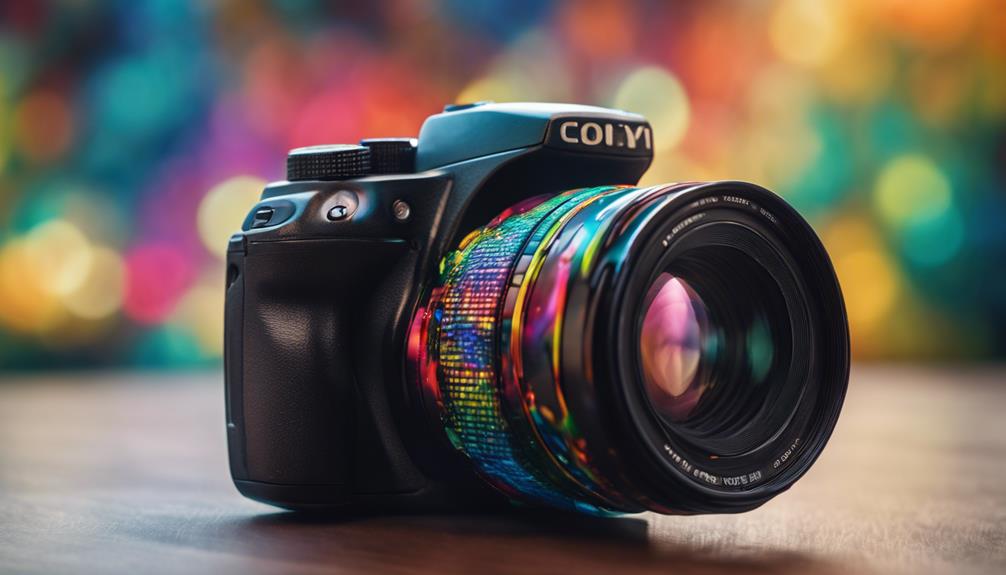Crossword puzzles have long been a favorite pastime for many, combining the joy of wordplay with the challenge of problem-solving. One particular phrase that often appears in these puzzles is “customer who buys a gadget.” While it may seem straightforward, understanding the nuances of crossword clues can enhance your solving experience. This article delves into the intricacies of this clue, providing insights into its potential meanings, relevant strategies for solving crossword puzzles, and examples that illustrate these concepts.
Understanding the Clue
The phrase “customer who buys a gadget” can be broken down into two main parts: the “customer” and the “gadget.” In crossword terms, clues often require solvers to think outside the box or consider synonyms that fit the provided spaces.Gadgets To Make Life EasierInspector Gadget Matthew BroderickHandy Kitchen Gadgets
Key Terms Explained
- Customer: This term generally refers to someone who purchases goods or services. In crossword puzzles, common synonyms include “buyer,” “client,” or “consumer.”
- Gadget: This is often synonymous with a small tool or device, particularly one that is innovative or complicated. Synonyms might include “device,” “appliance,” or “contraption.”
Combining these terms leads to various possible answers. For example, the word “buyer” could be a straightforward answer, while “techie” might also fit the context of someone who is particularly interested in gadgets.
Potential Solutions
When faced with the clue “customer who buys a gadget,” crossword enthusiasts can consider a variety of solutions. Here are some potential answers, along with explanations of how they fit the clue:
- Buyer: A straightforward synonym for customer, often used in retail contexts.
- Techie: A term for someone who is particularly enthusiastic about technology and gadgets.
- Consumer: A broader term that refers to anyone who purchases goods, including gadgets.
- Geek: This term often denotes someone with a deep interest in technology, making it suitable for gadget enthusiasts.
Strategies for Solving Crossword Clues
Solving crossword puzzles can sometimes feel daunting, especially when encountering cryptic clues. Here are some strategies that can help you decode clues more effectively:
- Look for Synonyms: Often, crossword clues use synonyms or related terms, so think of alternative words that fit the context.
- Consider the Letter Count: The number of letters in the answer can significantly narrow down your options.
- Think About Context: Sometimes, clues can have thematic elements based on the puzzle itself, which can guide your thinking.
- Use Crossword Dictionaries or Apps: These tools can provide assistance when you’re stuck, offering synonyms and related terms.
Case Studies: Popular Crossword Clues
To further illustrate how the clue “customer who buys a gadget” fits within the larger context of crossword puzzle-solving, consider some popular examples:
- New York Times Crossword: This crossword is known for its clever and sometimes tricky clues. A similar clue might appear as “Technology enthusiast,” leading to answers like “gadgeteer.”
- LA Times Crossword: Often simpler, it might ask for various customer types, leading to straightforward answers like “buyer” or “consumer.”
These examples highlight the diversity of crossword clues and the importance of context in finding the correct answer.
Statistics on Crossword Puzzle Popularity
Crossword puzzles have remained popular throughout the years, with various studies showing their impact on cognitive function and mental health:
- A study by the New England Journal of Medicine found that engaging in puzzles and brain games can reduce the risk of cognitive decline in older adults by up to 63%.
- The New York Times reported that their daily crossword puzzle has over 500,000 subscribers, showcasing its widespread appeal.
- According to a 2021 survey by the Pew Research Center, 41% of adults in the U.S. regularly engage in puzzles, including crosswords.
Conclusion
Decoding the clue “customer who buys a gadget” is a prime example of the intricacies and challenges of crossword puzzles. By understanding the terms involved and employing effective solving strategies, crossword enthusiasts can enhance their solving skills and enjoy the process even more. As demonstrated through various examples and statistics, crossword puzzles not only provide entertainment but also contribute positively to cognitive health. Whether you’re a seasoned solver or a beginner, embracing the art of crossword puzzles can lead to a more enriching experience.
